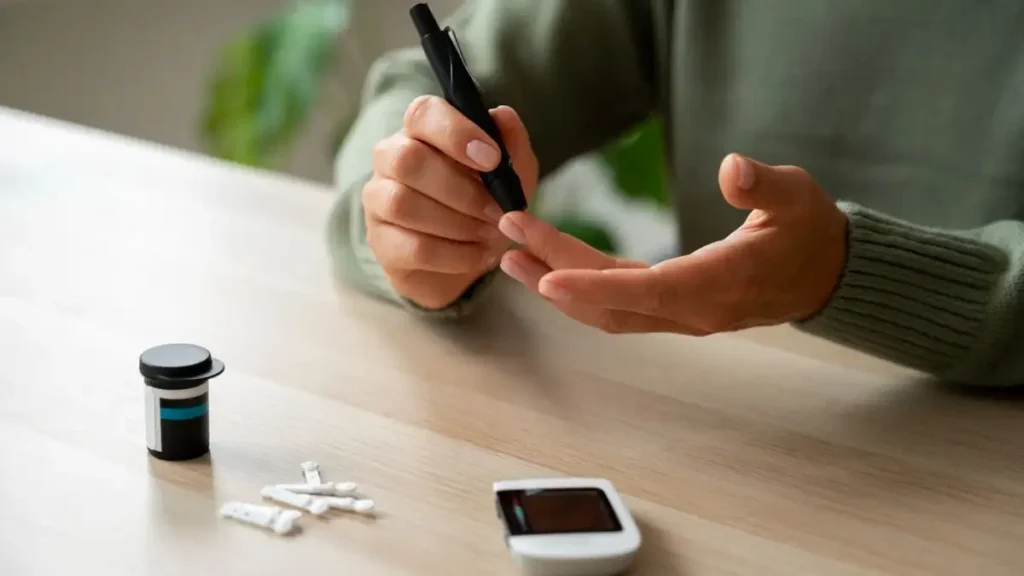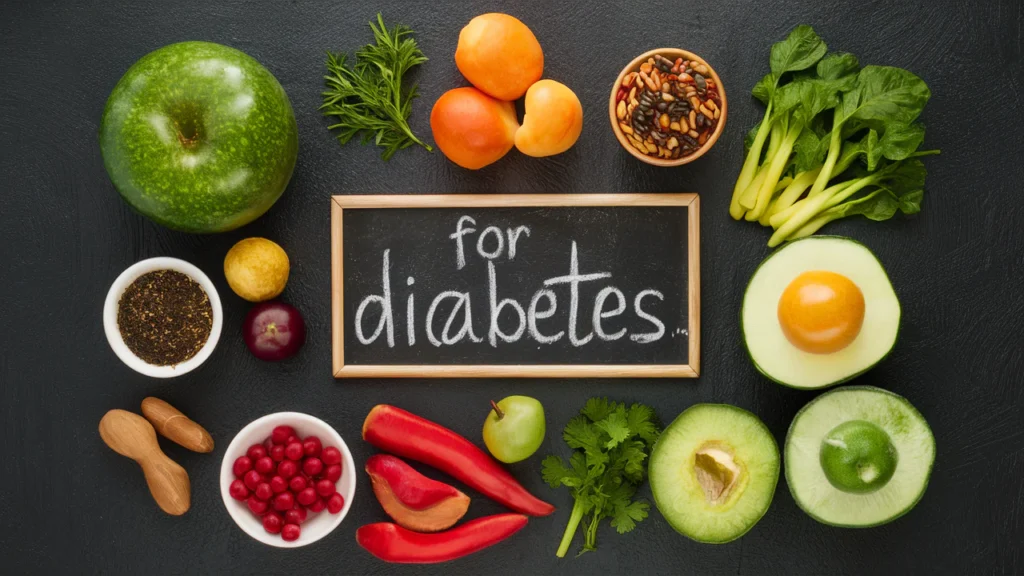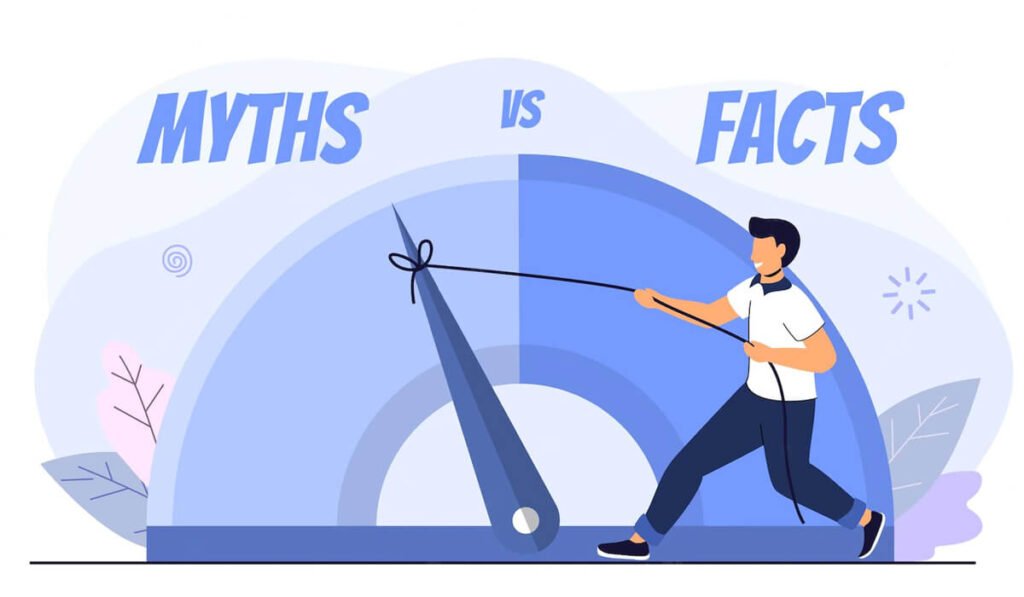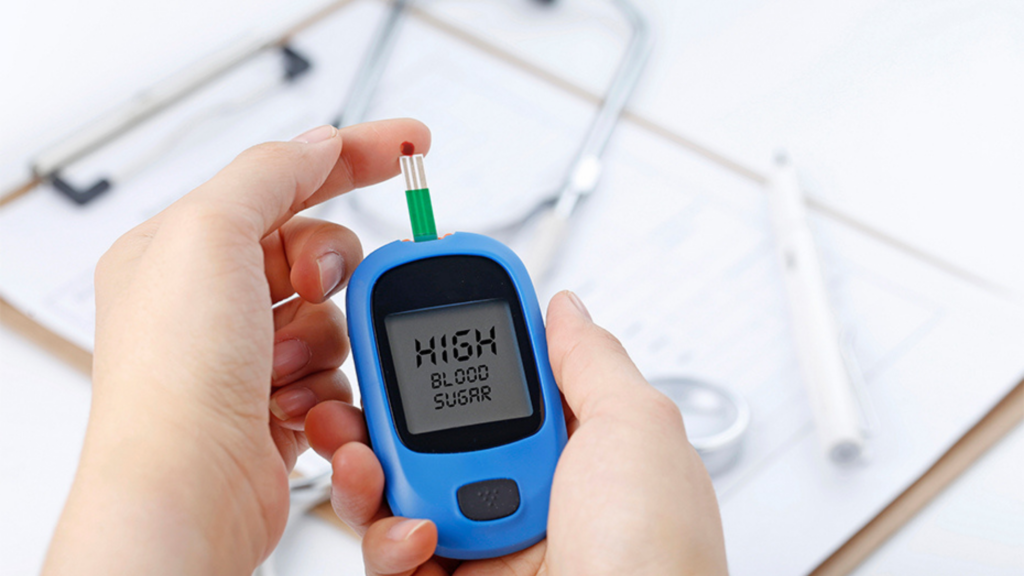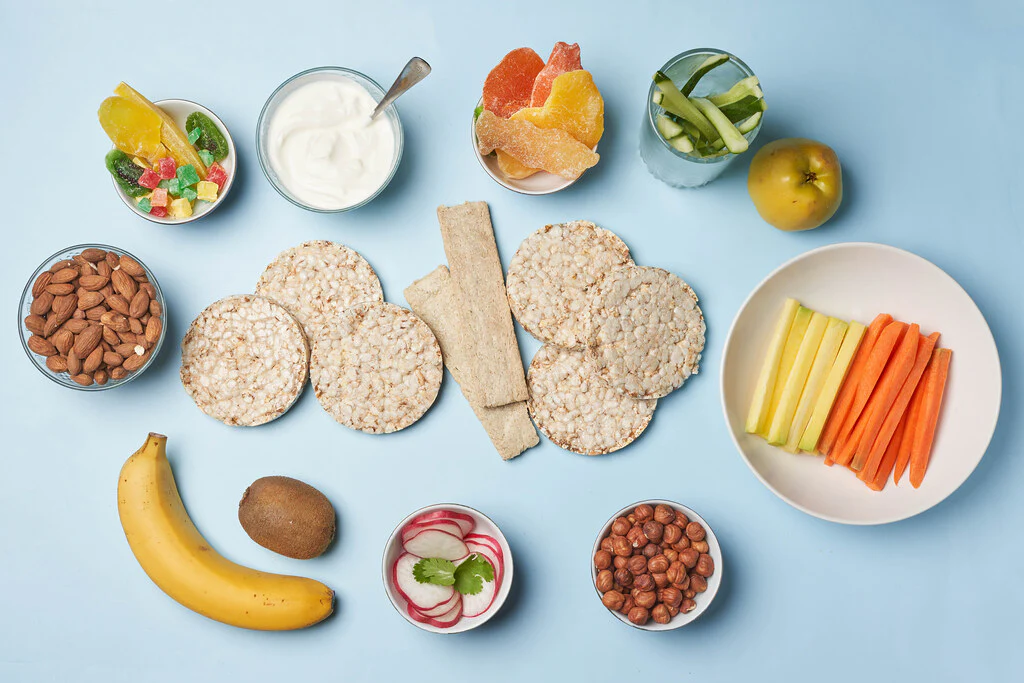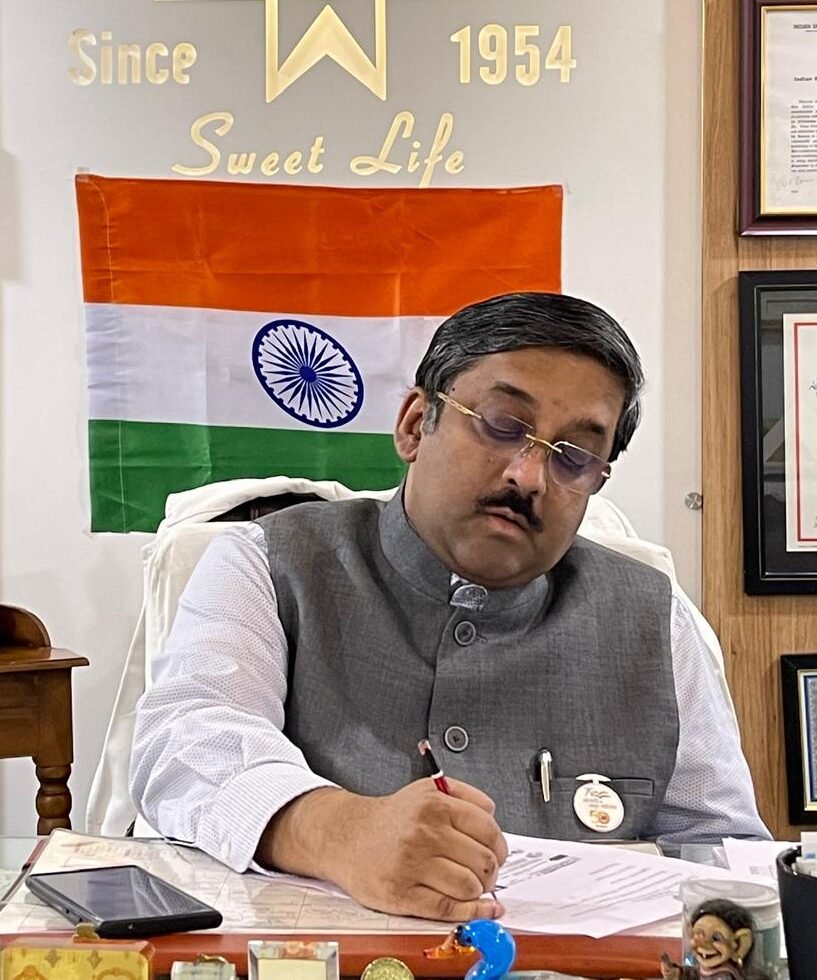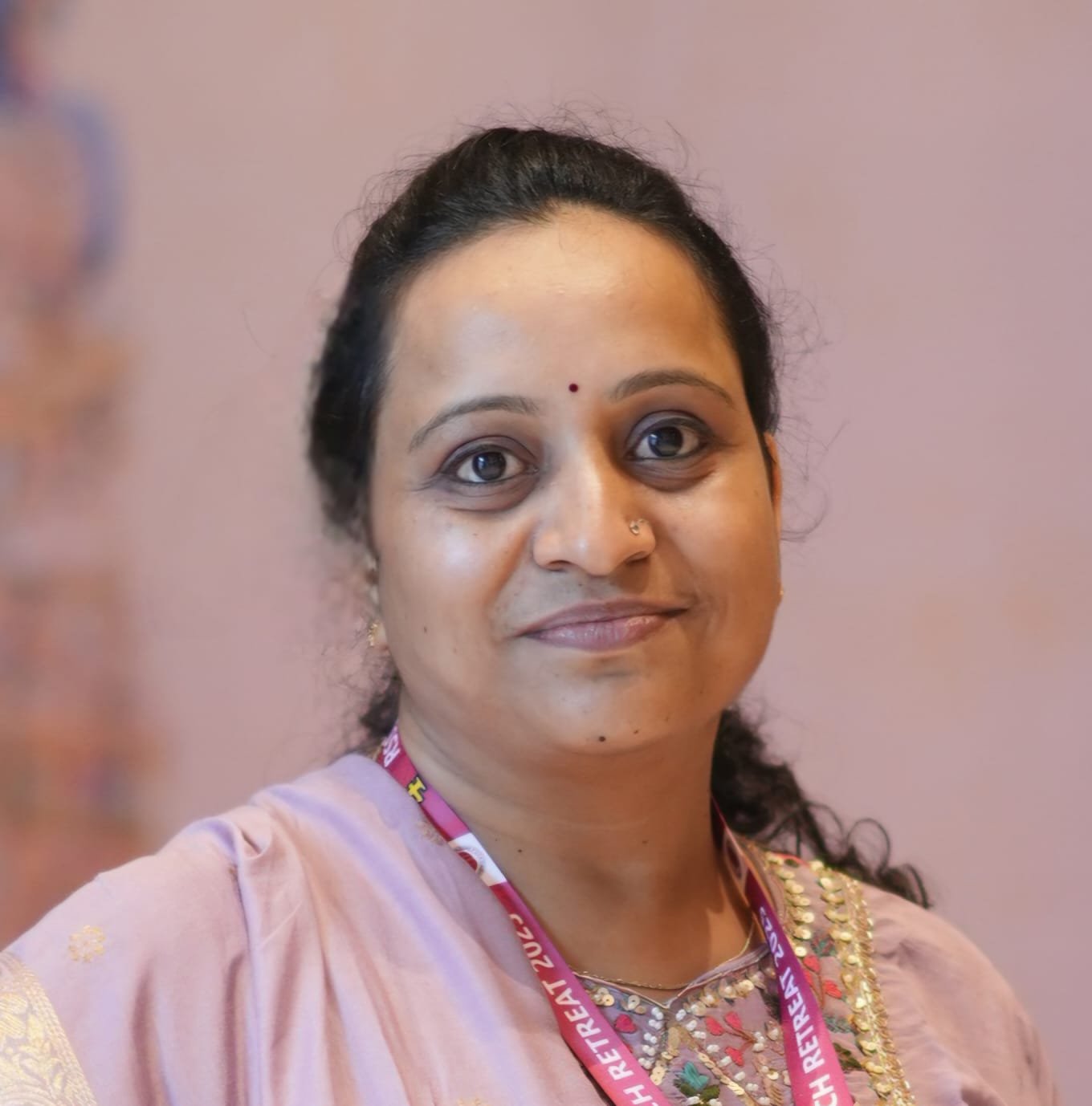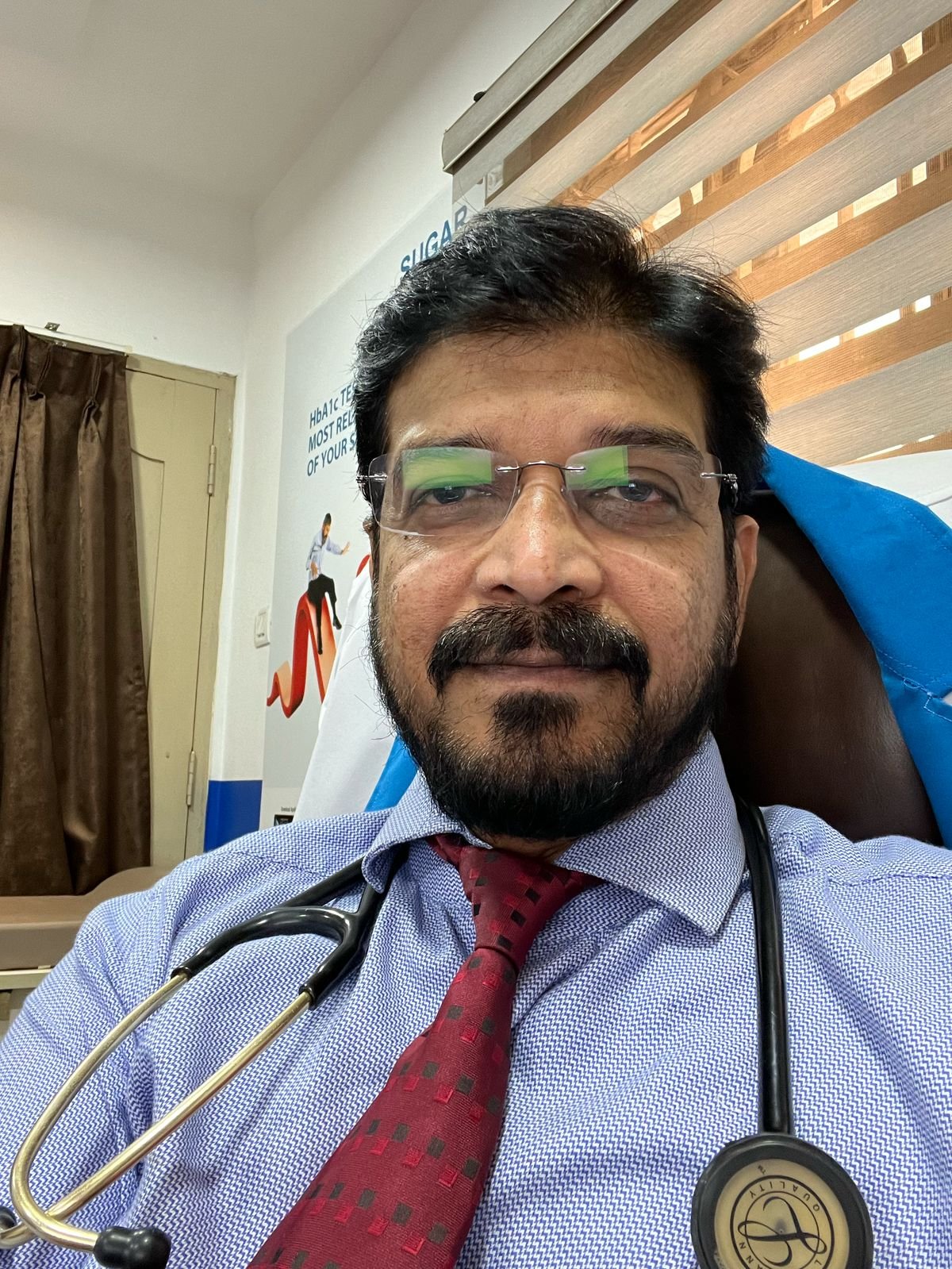Introduction
Type 2 Diabetes is one of the most common lifestyle-related diseases in India. With changing dietary habits, rising stress levels, and sedentary lifestyles, the number of people living with diabetes is increasing every year. However, managing diabetes doesn’t have to be overwhelming. With the right combination of diet, exercise, and blood sugar monitoring, you can lead a healthy, active life.
At MV Hospital for Diabetes, with branches in Chennai and Bangalore, we’ve helped thousands of patients effectively manage Type 2 diabetes through personalised care plans and education.
1. Balanced Diet – The Foundation of Diabetes Control
Food plays a critical role in controlling your blood sugar. The goal isn’t just to eat less but to eat smart.
- Choose complex carbohydrates such as brown rice, oats, and whole wheat instead of refined sugar and white rice.
- Include fibre-rich foods like vegetables, lentils, and legumes to slow glucose absorption.
- Limit fried and sugary foods, including sweets, pastries, and packaged snacks.
- Portion control is key — even healthy food in excess can spike blood sugar.
Our dieticians at MV Hospital for Diabetes Chennai prepare customised Indian meal plans that balance taste, nutrition, and glucose stability.
2. Exercise – A Natural Insulin Booster
Regular physical activity helps the body use insulin more effectively.
- Brisk walking for 30 minutes daily improves blood circulation and lowers glucose levels.
- Yoga and stretching help reduce stress, which also plays a role in blood sugar fluctuation.
- Strength training twice a week helps maintain muscle mass and burn calories more efficiently.
For individuals with Type 2 diabetes, our specialists at MV Hospital for Diabetes Bangalore recommend exercises tailored to age and health condition, ensuring maximum benefit without risk.
3. Regular Blood Sugar Monitoring
Monitoring helps you understand how your lifestyle and food choices impact your glucose levels.
- Keep a log of fasting and post-meal readings.
- Track HbA1c levels every 3 months.
- Use Continuous Glucose Monitoring (CGM) devices for real-time updates.
We provide advanced CGM and digital tools at our hospital to help patients manage diabetes proactively.
4. Medication & Medical Supervision
Never skip your prescribed medication. Type 2 diabetes is manageable, but consistency is vital. Regular consultations ensure medication adjustments are done safely based on your body’s response.
5. Stress Management & Sleep
Mental well-being has a direct impact on glucose levels.
- Practice mindfulness or meditation.
- Aim for 7–8 hours of quality sleep.
Conclusion
- Managing Type 2 diabetes is not about restrictions — it’s about balance. With the right care, you can live fully and confidently.
📍 For expert guidance, visit MV Hospital for Diabetes – Chennai or Bangalore, India’s trusted centre for comprehensive diabetes care.


